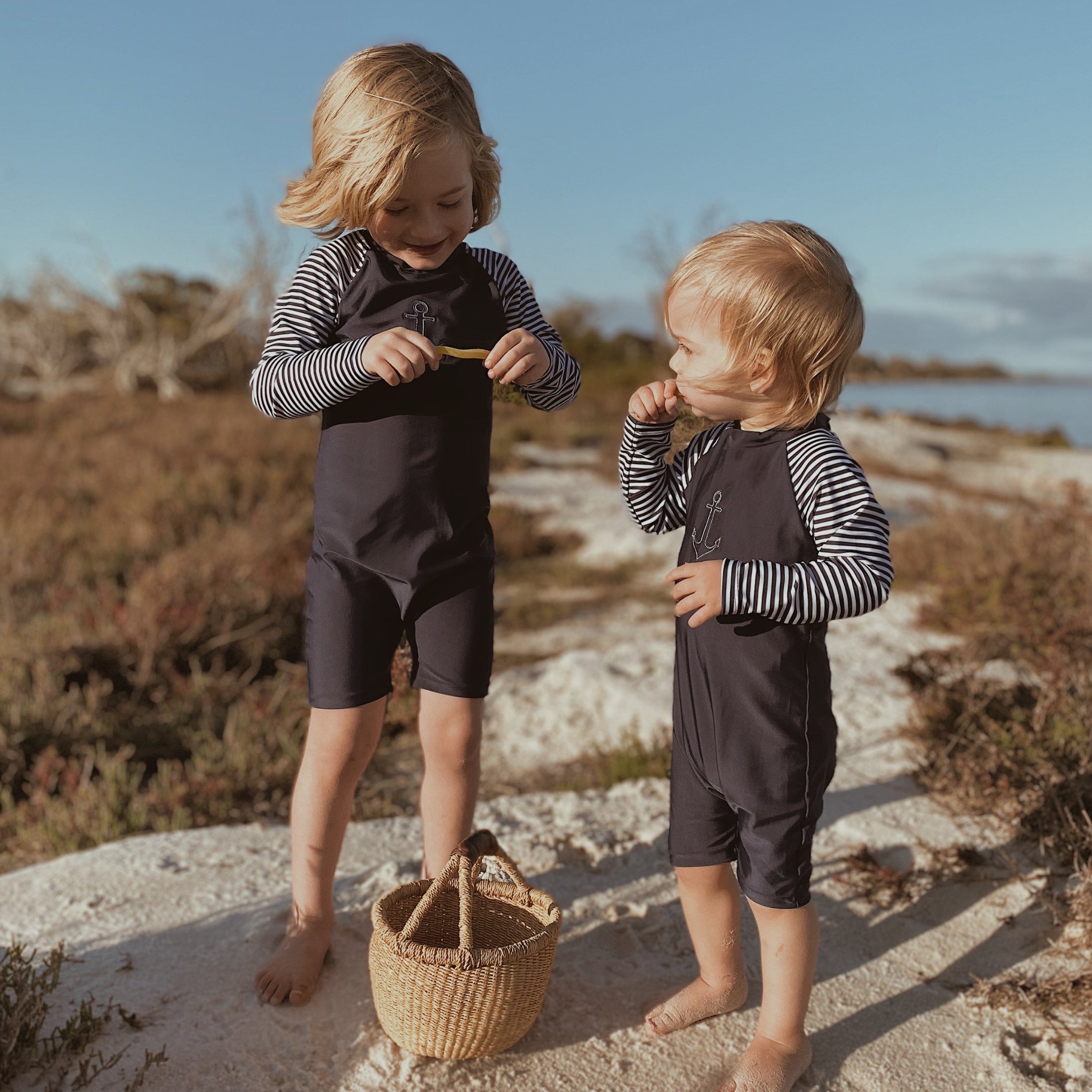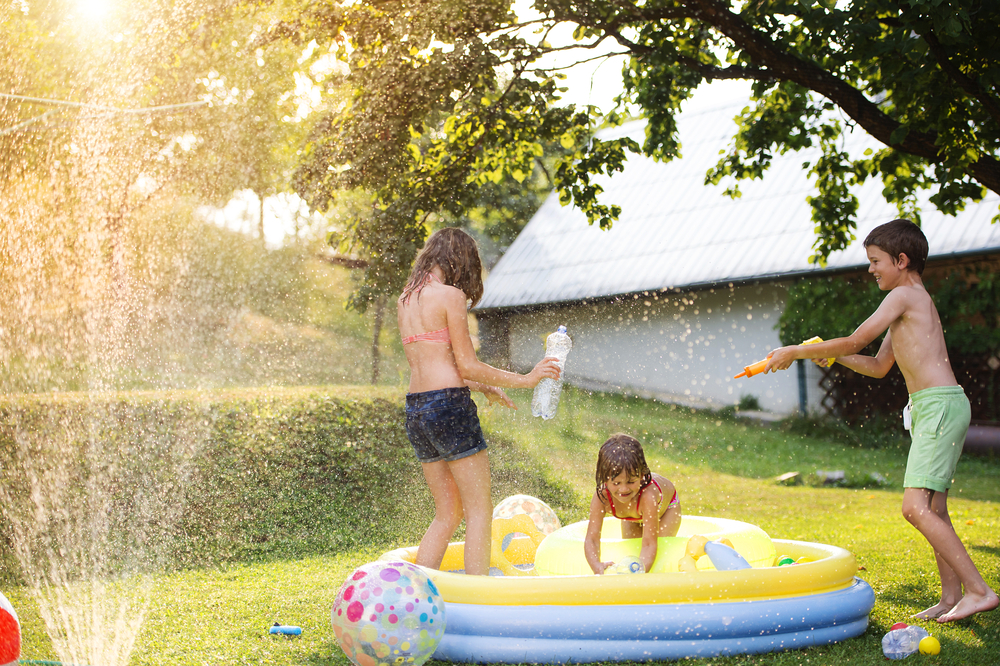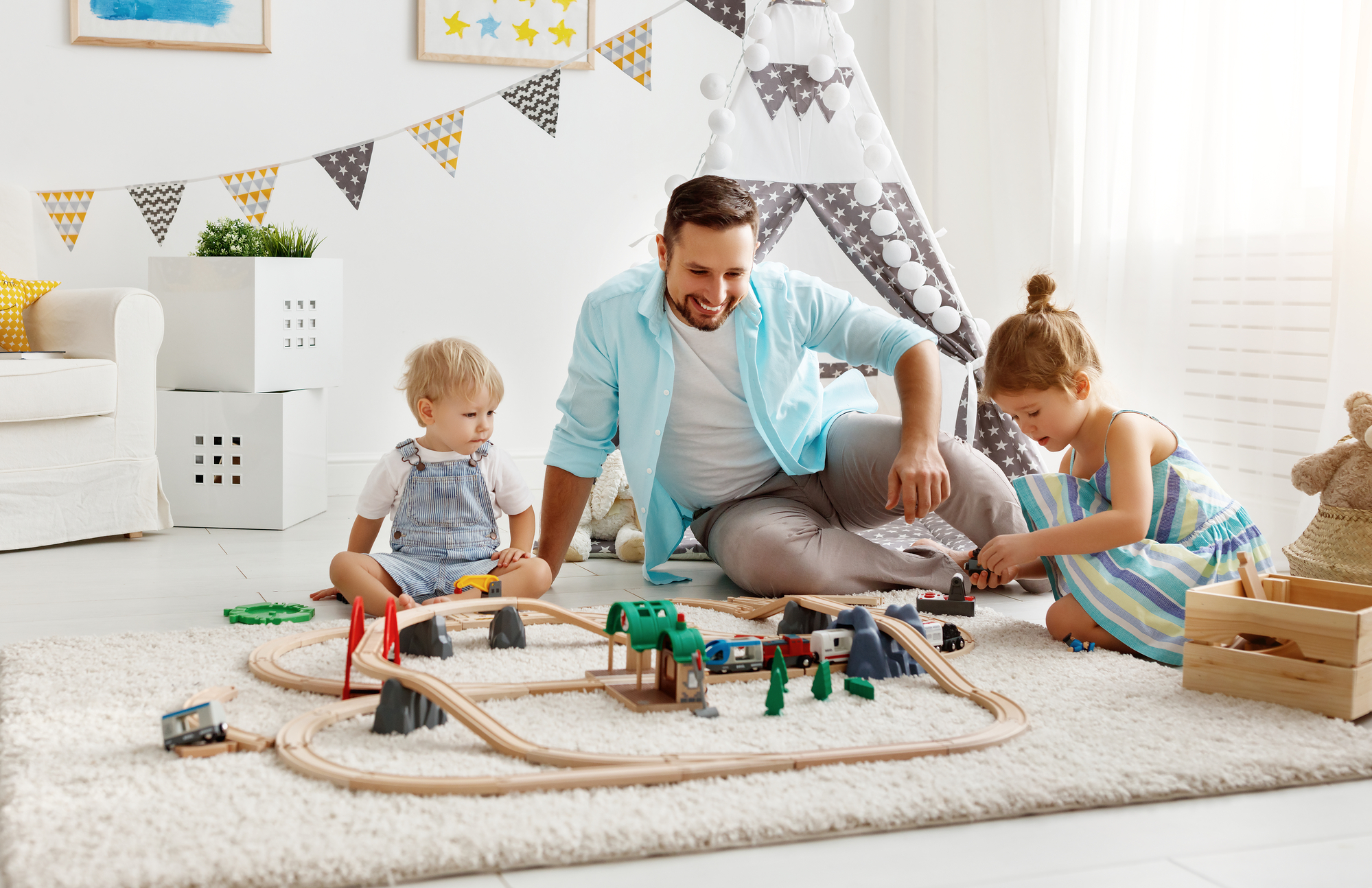Society is making strides in a growing environmental revolution, as evidenced by new policies around the elimination of single use plastics. However Australian families needn’t wait for policy changes to lead a more sustainable life. Children are learning more about environmental sustainability as part of their education, and even inspiring parents and family members to adopt these values and practices in their own household. Environmental ethics should ideally take root in the home to form lifelong habits and values, and mealtime with your little ones is a great place to start!
This generation of children holds the key to making environmental sustainability a global priority, as do parents in fostering this commitment. Though let’s face it; pledging environmental sustainability in your daily life can feel overwhelming. Especially as you become more informed about the sheer number of factors that go into sustainable food production, including farming processes, transportation of goods, and packaging. The trick is to start small and focus on the things you can control, in order to make the best choices for your family and the environment.
In support of babyU’s newly released range of environmentally sustainable bamboo mealware for infants and toddlers, we look at how families can incorporate environmental sustainability at mealtime and beyond.
Bamboo’s impact on sustainability:
What’s so special about bamboo in the quest for sustainability, and what distinguishes it as a truly eco-friendly basis for products including mealware? For starters, the benefits are seen at an agricultural level. Check out these redeeming qualities of bamboo, which make it a go-to choice:
- Produces 35% more oxygen than similar plants
- Is 100 percent biodegradable
- Is a self-replenishing resource that grows faster than other plants such as cotton
- Helps rebuild eroded soil through its root structure
- Is less water-intensive to grow, requiring approximately one third less water than cotton
Aside from the farming process, packaging including disposable food utensils, is especially problematic in the food industry. Did you know that Australians throw away around 1.9 million tonnes of packaging each year? That’s enough to fill the Melbourne Cricket Ground nine times over! Natural, biodegradable materials such as bamboo, become crucial in offsetting such waste that infiltrates landfill or leaches into our waterways.
Consumer choice and ethical purchasing has the power to create demand for such self-replenishing and low impact resources as bamboo, and trigger a ripple effect in the production lifecycle. Being more discerning about the food and food-related products that hit your supermarket shelves is great in theory, but how are parents expected to know and locate the right products?

babyU’s bamboo mealware range:
BabyU’s new range of bamboo-based mealware can help take some of the guesswork out of sustainability at mealtime, and hopefully inspire an early appreciation of the environment as your kids develop an awareness of it. The range is specially designed for infants and toddlers 12+ months. It’s made from bamboo and polymer blends to provide core environmental benefits, along with the durability and convenience that modern Australian parents are seeking.
Why you’ll love babyU’s range…
- BPS, BPA and melamine-free, meaning a toxin-free mealtime experience
- Top rack dishwasher safe and microwave safe
- Individual sleeve packaging is recyclable
Making a conscious effort to buy from eco-friendly manufacturers such as babyU is an important contribution, but there are plenty more steps you can take in educating your little ones and family.
Ideas to encourage sustainability
It’s never too early to start exposing your toddlers to activities. There are many definitions of the word sustainability, but one that especially resonates is “meeting our own needs without compromising the ability of future generations to meet their own needs”. Waste minimisation and recycling is an important lesson kids most often associate with being eco-friendly, but here are some other ideas to encourage preservation.
- Choose seasonal foods where possible – seasonal foods don’t need to be artificially ripened and it’s less likely they have come from overseas.
- Give priority to locally produced foods – sometimes called ‘farm to table’ or ‘paddock to plate’, goods from your home town or state suppliers have fewer air kilometers attached to them, not to mention support local livelihoods.
- Grow your own herbs, fruit and vegetables – even toddlers can begin to appreciate the effort involved in growing seedlings, from scratch, understand how the environment sustains us and the relative ease of depletion.
- Start an ‘upcycling’ project – also known as creative reuse, upcycling is the process of transforming by-products, waste materials, useless, or unwanted products by giving them new life and purpose. This is effective in combating the culture of disposability, and the earlier you start, the more receptive your kids will become.







